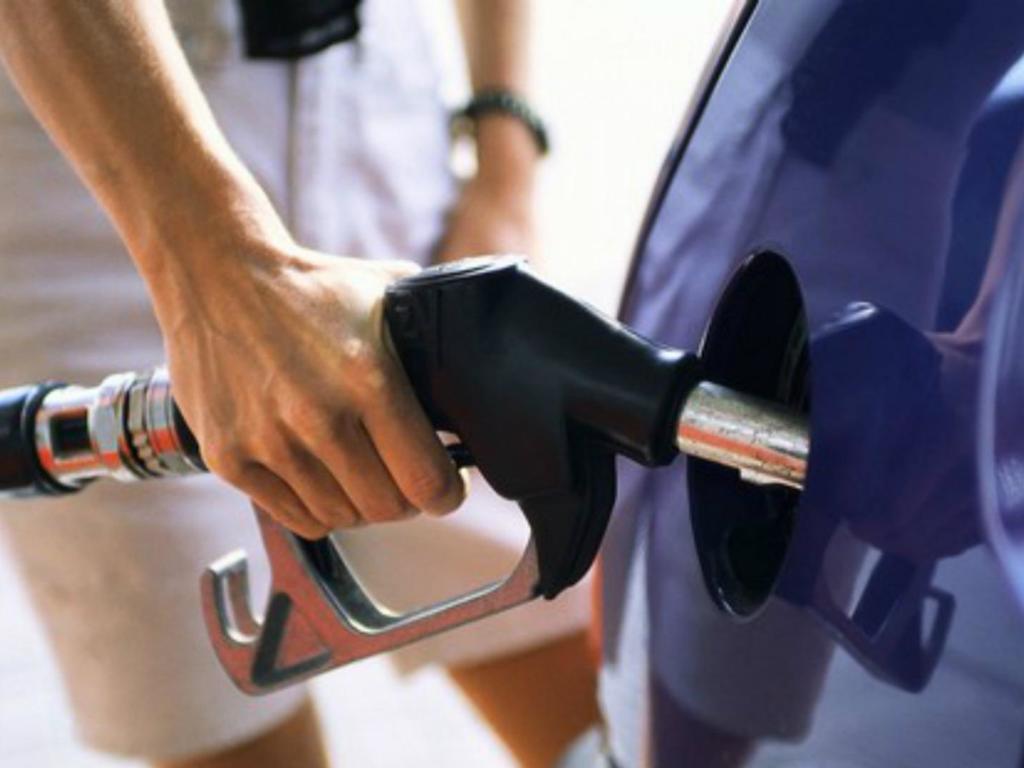Putting petrol in a diesel car or vice versa can be an easy mistake to make. Don’t panic and think of the worst-case scenario when this occurs. More often than not, the most important aspect is how you respond in this situation. That's why we at CarCliq have put together this handy article so you'll know exactly what to do if you've found yourself putting the wrong fuel in your car.
So, what happens when you put petrol in a diesel engine? Not only does diesel work in the sense of powering the car, but also acts as the main source of lubrication to maintain the functions of the fuel pump and many other components. Whereas petrol’s role is to act as a solvent when mixed with diesel. This creates the opposite effect.Petrol in a diesel engine works as well as chalk and cheese – not great. It increases the friction between parts which results in damage to the fuel lines and pump. If you were to drive away or even turn the key in the ignition, this would result in expensive damage to the engine. To make matters worse, petrol nozzles can easily fit into most modern-day diesel filter necks, making it likely for this mistake to occur.
Is this the same for a petrol engine, if you were to put diesel in it? This is more uncommon as diesel pump nozzles tend to be significantly larger than most petrol fuel necks. The consequences of putting diesel in a petrol engine are, luckily, not as bad as the other way around. This is because diesel must be compressed before it’ll ignite, whereas petrol is ignited by a spark generated by the spark plugs, so there's a high chance that your engine won't even start if you accidentally fill it with diesel instead of petrol.

What should your first actions be?
- Remove the keys from the ignition: do not attempt to start the car. Doing so can cause permanent damage and require costly repair work.
- Get to a safe location: put the car in neutral and if you’re still at the petrol station, get someone to push the car to a safe spot.
- Call your insurer as soon as you can.
- Call your breakdown company: their Fuel Assist team are on-hand to come out to you, drain the wrong fuel and fill with the right one.
Are you covered by breakdown insurance? Most common breakdown cover policies will take you to your nearest garage or to your home, however, the process of draining the tank could come at an extra cost. Although, some breakdown providers will provide a drainage service as an add-on to their cover, which is worth checking over beforehand. Another option is researching what local garages offer a misfuelling service, although their prices may differ by a wide margin.
If you are or aren’t covered by your insurance, this can become a more difficult situation, as in some cases, some insurers may include the misfuelling cover as standard, however, in most circumstances this isn’t the norm.
It is worth reading the small print of your policy to see what you’re entitled to, as you may find you’re able to claim for a drain-and-refuel under the accidental damage part of your policy. Although, if you had driven with the wrong fuel for the car’s engine, any resulting damage to the engine may not be covered.
It is worth reading the small print of your policy to see what you’re entitled to, as you may find you’re able to claim for a drain-and-refuel under the accidental damage part of your policy. Although, if you had driven with the wrong fuel for the car’s engine, any resulting damage to the engine may not be covered.
How to prevent misfuelling:
- To avoid being in this predicament again, the obvious answer would be to be attentive whilst filling up your car (we understand this can be easier said than done).
- If you want to be extra cautious, you can fit a diesel fuel cap to your fuel neck; the benefit of this cap is that it can stop petrol nozzles from fitting into fuel tanks they’re not meant for. These caps are designed to fit into specific makes and models, so be sure to pick the right one for your vehicle. As well as varying in their design, the cost can be between £15 and £30.
- If you have just recently purchased a vehicle with a different fuel engine to your previous car, leave indicators or reminders in your car to remind yourself.
- Avoid refuelling when your mind is on something else e.g. if you are hungry, tired or stressed, as our concentration levels can decrease.
In conclusion, make sure you are vigilant and paying attention when fueling up to save you hassle and money.
Other CarCliq articles that might interest you: